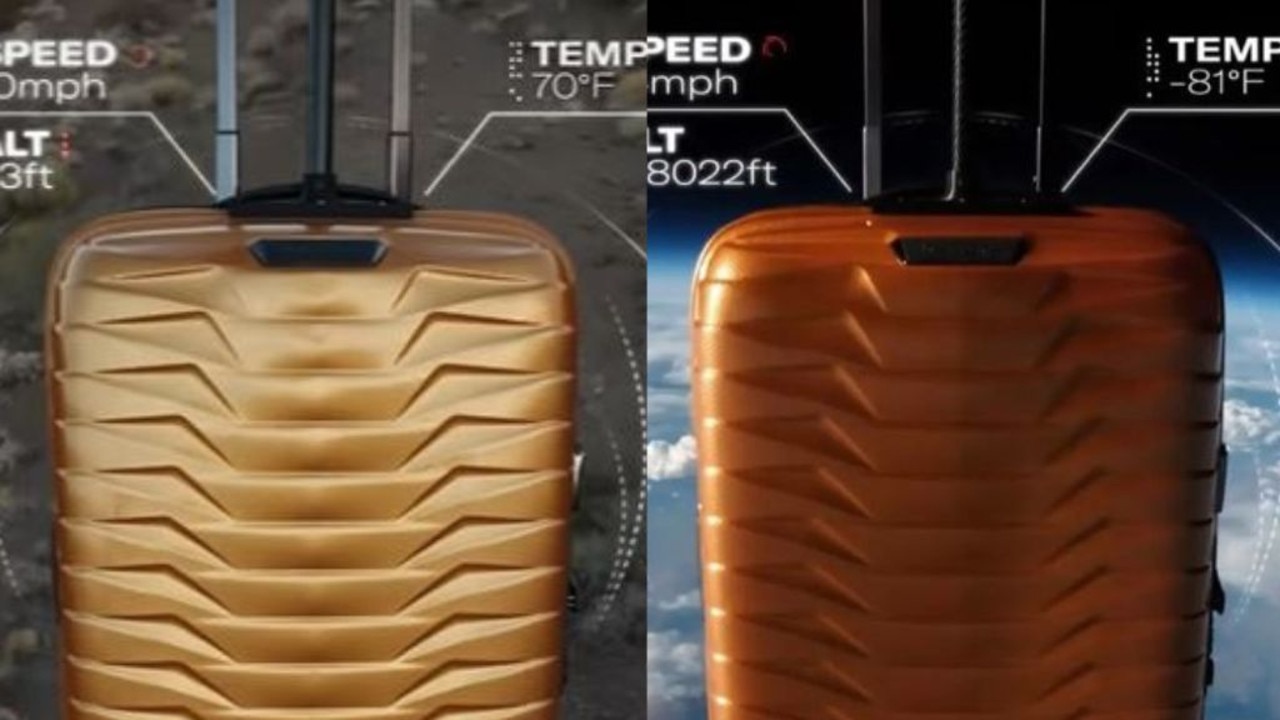There’s a catch that comes with having the world’s most powerful passport
People who have this sought-after travel document have more travel freedom than anyone else. But a strange rule applies.
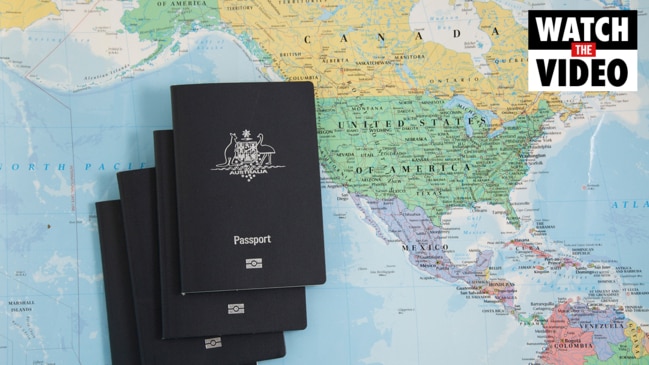
The people who hold this passport have more travel freedom than anyone else on the planet.
The Japanese passport is the most powerful passport in the world, allowing Japanese citizens visa-free travel to an incredible 191 countries and regions.
The strength of the Japanese passport is nothing new. For three years Japan has dominated the Henley Passport Index, which periodically ranks passports according to how many destinations they grant visa-free access to.
By comparison, Australian citizens can travel visa free to 183 countries and regions, which puts the Australian passport in ninth spot on the current ranking along with New Zealand, Malta, Czech Republic and Canada.
Singapore sits closely behind Japan in second spot with visa-free access to 190 destinations, followed by South Korea and Germany, which are both in third spot with 189 destinations.
There have been a few shifts in the upper part of the list over the years – Germany and South Korea have each had turns in the top spot.
But right now, thanks to the country’s diplomatic arrangements with other jurisdictions around the globe, no one holds a candle to Japan.
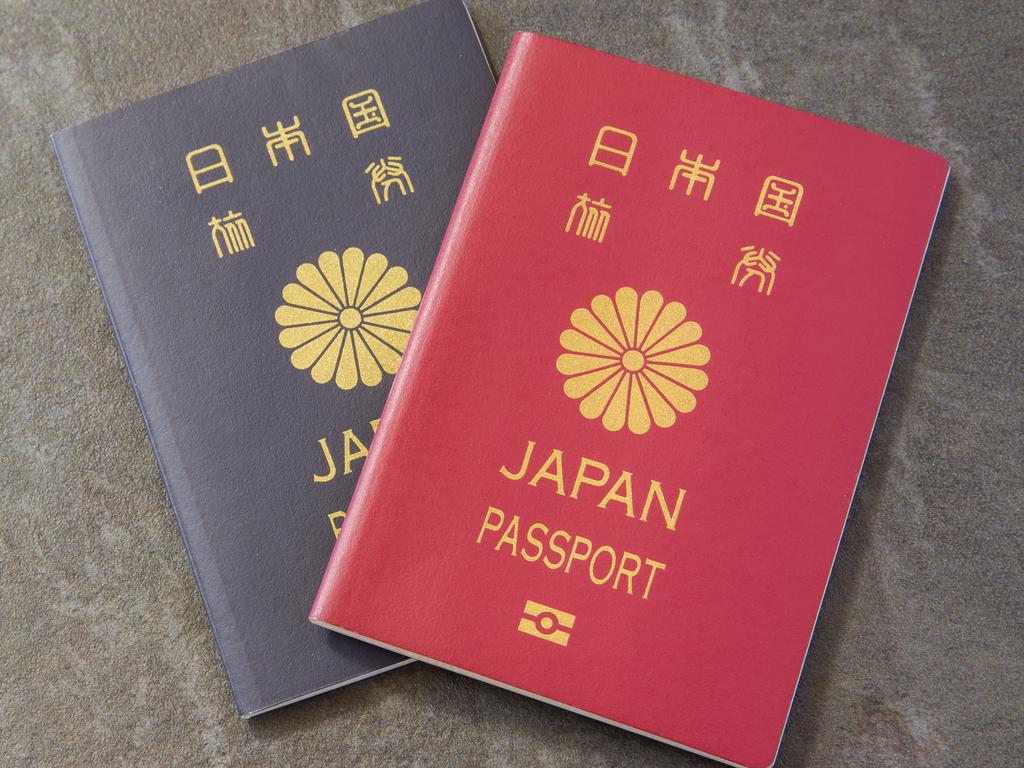
“Asian countries’ dominance of the top spots is a clear argument for the benefits of open-door policies and the introduction of mutually beneficial trade agreements,” said Dr Christian H. Kaelin, the chairman of Henley & Partners, which develops the Henley Passport Index.
“Over the past few years, we have seen the world adapt to mobility as a permanent condition of global life.
“The latest rankings show that the countries that embrace this reality are thriving, with their citizens enjoying ever-increasing passport power and the array of benefits that come with it.”
BUT THERE’S A CATCH
Japan might boast the world’s strongest passport but that comes with a caveat – it’s the only passport its citizens are allowed to have.
Unlike Australia, Japan doesn’t allow dual citizenship. Choosing to become a citizen of another country means renouncing Japanese citizenship.
That also means people who hold a Japanese passport can’t achieve even greater travel freedom by simultaneously using a second passport.
It’s not the only country that operates this way: Austria, India, Malaysia, Singapore and Spain (with some exceptions) also forbid dual citizenship. China does too, but there are exceptions for permanent residents of Macau and Hong Kong.
People who have dual citizenship with Japan and another country by birth have to decide by the age of 22 which of the two nationalities they will keep.
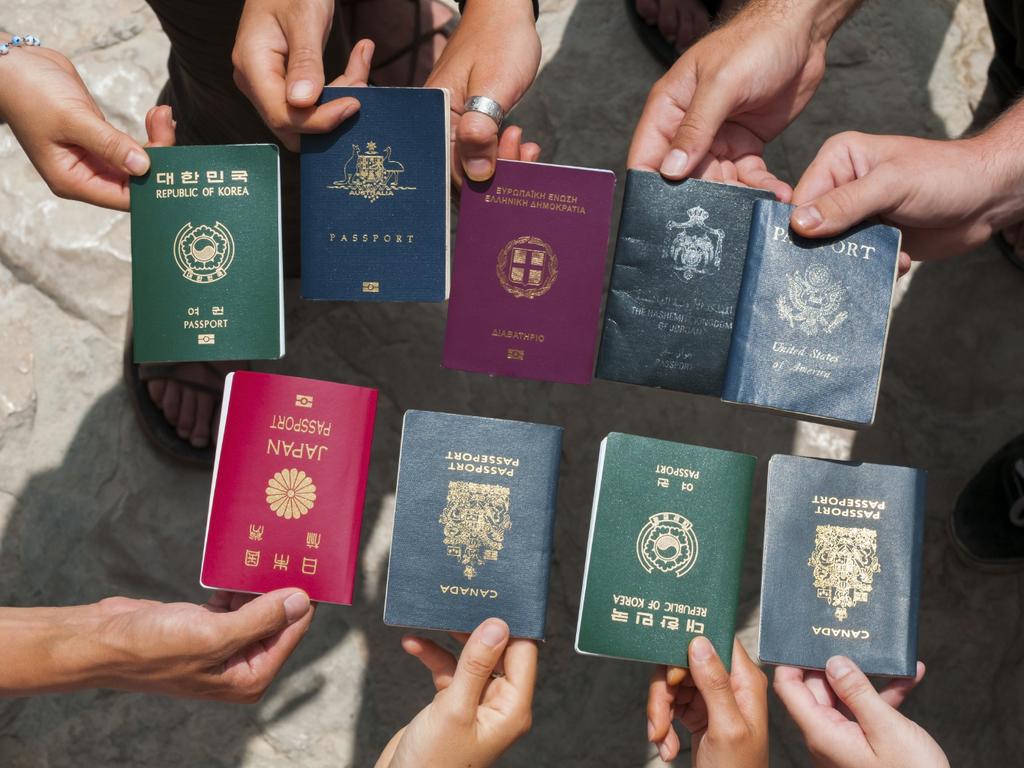
Japan’s citizenship laws returned to the spotlight last year when 22-year-old Japanese-born, American-raised tennis champion Naomi Osaka renounced her American citizenship to remain a citizen of Japan.
Speculation about Osaka’s looming citizenship decision was widely reported in Japanese media after she beat Serena Williams in the final of the 2018 US Open at the age of 20, which made her the first Japanese player to hold a Grand Slam singles title.
But there has been a push for Japan to reconsider its aversion to dual nationality.
In 2018, eight people who had been forced to give up their Japanese passports to become citizens of another country filed a lawsuit against the Japanese government in Tokyo District Court, arguing the nationality law was unconstitutional and deprived people of “opportunities to attain greater success” abroad, such as career opportunities.
AND ANOTHER CATCH
Another quirk of the Japanese passport is that not many people use it.
Only 23 per cent of Japanese citizens have a passport – and the proportion of Japanese passport holders is the lowest among the Group of Seven industrialised democracies, which also includes Canada, France, Germany, Italy, the United Kingdom and the United States.
Meanwhile, about 57.4 per cent of the Australian population has a passport.
Of the entire Japanese population, only about 20 per cent has travelled overseas.
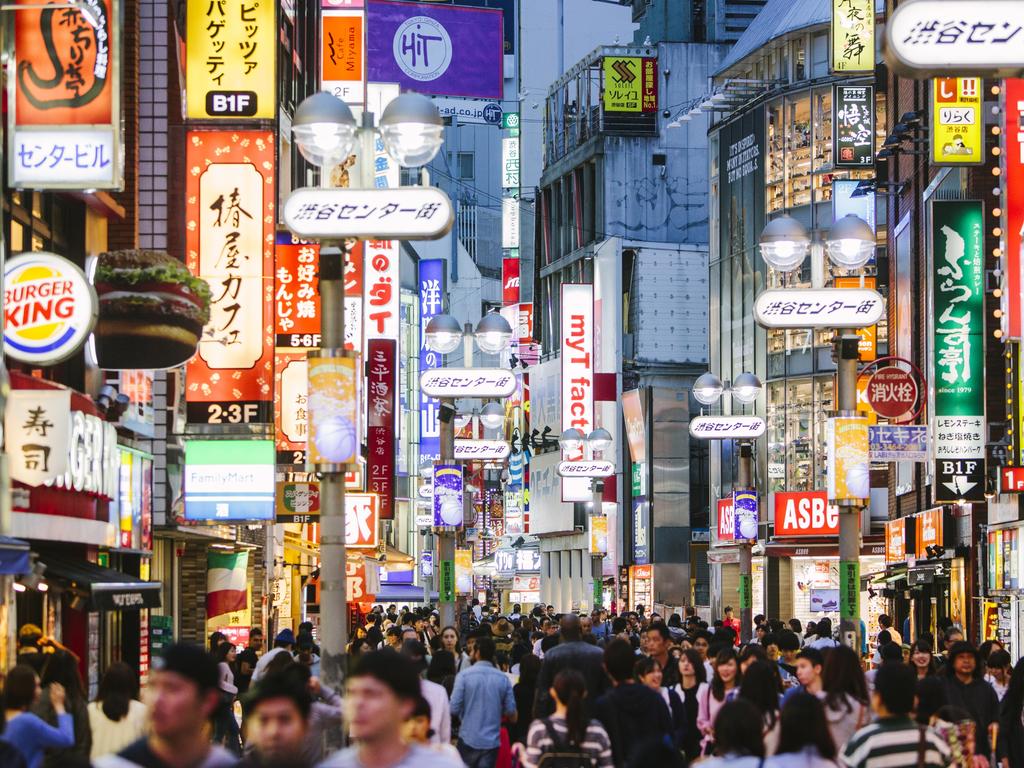
There are a few theories for this. According to the Nikkei Asian Review, the number of Japanese students studying abroad is in decline, and relatively few Japanese people work for international organisations, given the country’s size.
Other commentators have attributed Japan’s low passport rate to its ageing population and international travel being considered the pursuit of the young. Medium reports that of Japanese people with passports, a whopping 53 per cent are aged in their 20s.
So despite the travel freedom afforded to Japanese citizens – and Japan’s generally good international reputation – few actually go overseas.
“People in many places appear eager to have Japanese visit for business or pleasure, and many countries that do require a visa have relaxed or simplified approval procedures,” the publication reported in December.
“Japanese can receive a warm welcome in some parts of the world simply by showing their travel documents – a clear benefit of possessing the ‘world’s most powerful passport’.
“It simply seems that not many Japanese are excited by the prospect of an overseas jaunt.”


